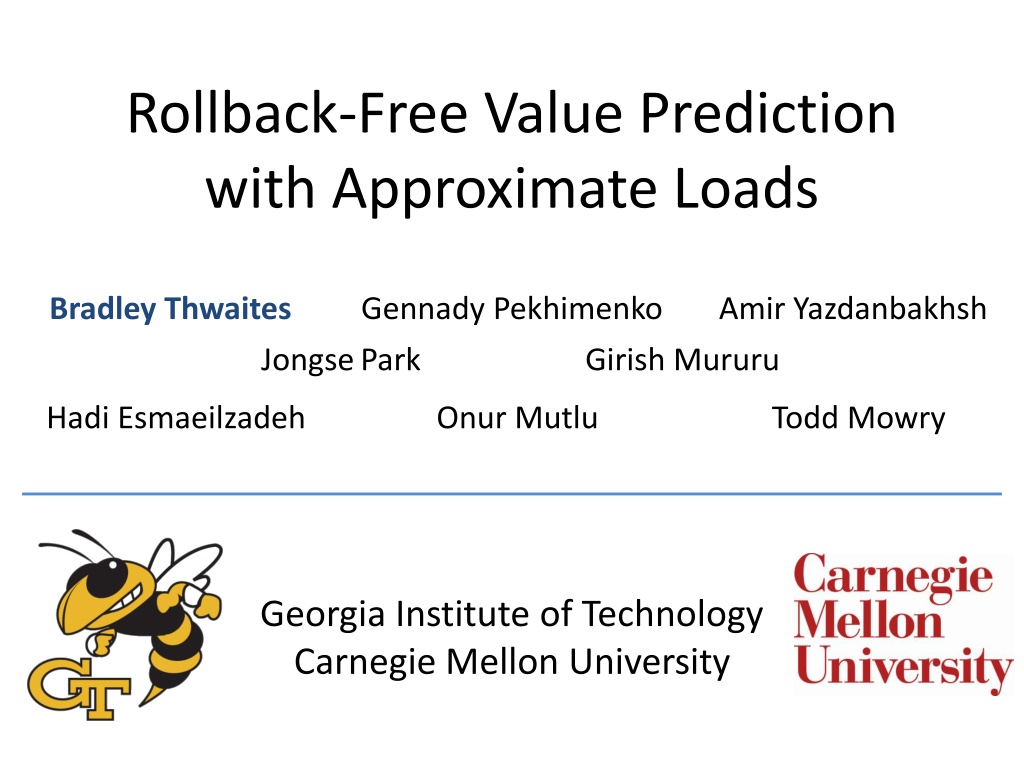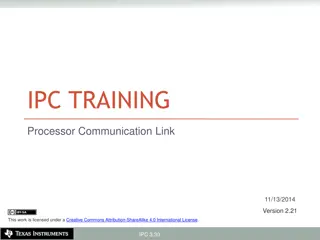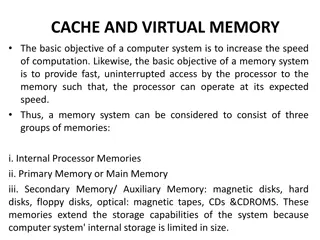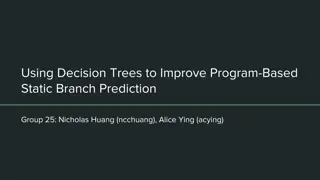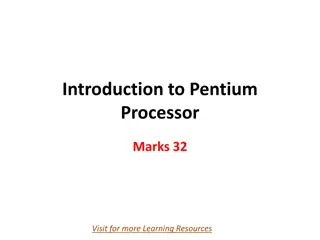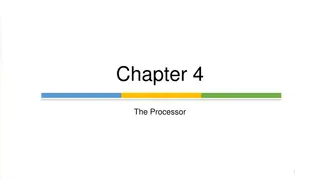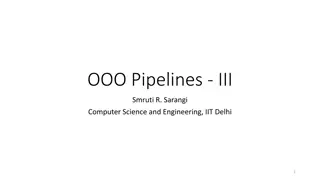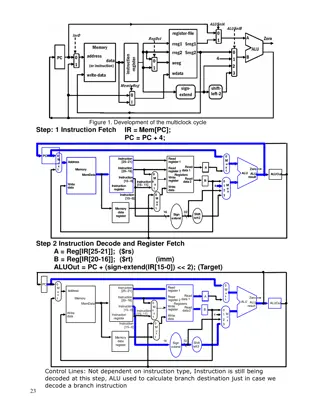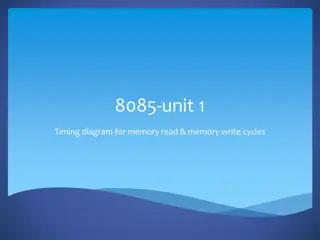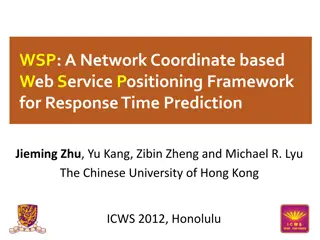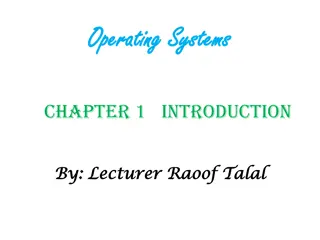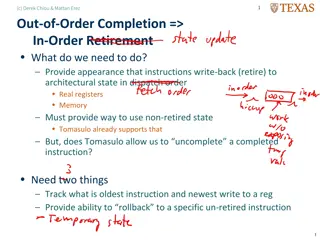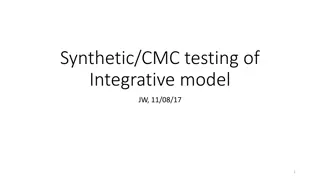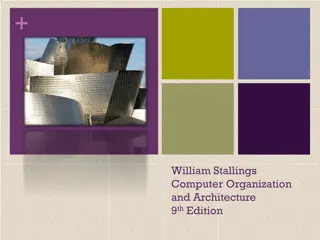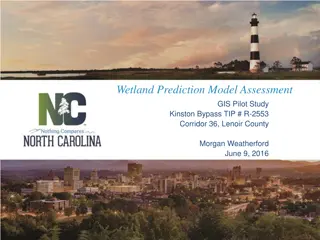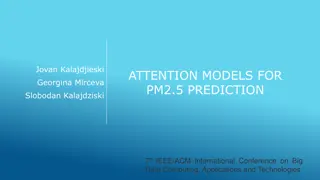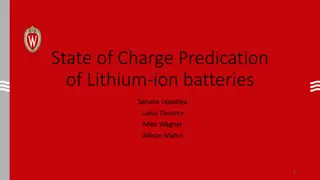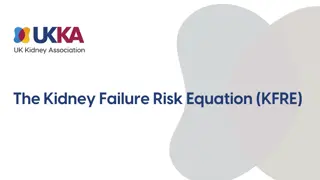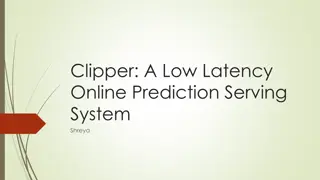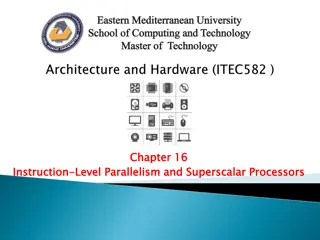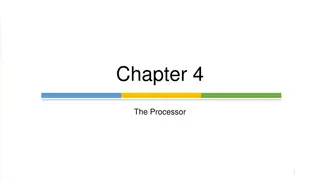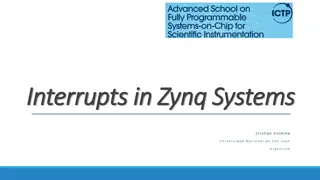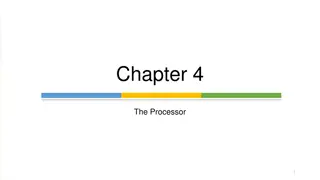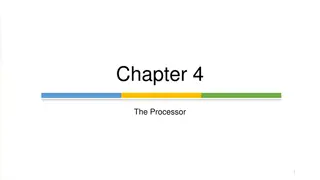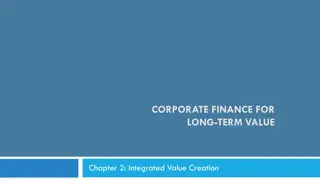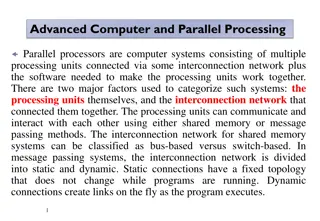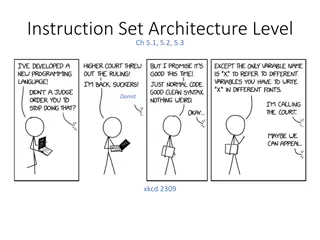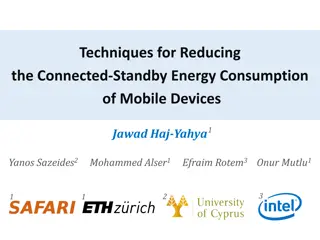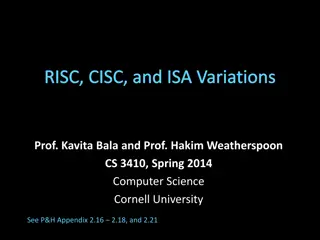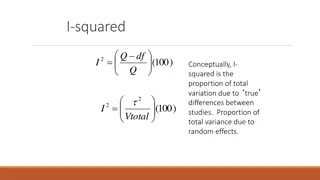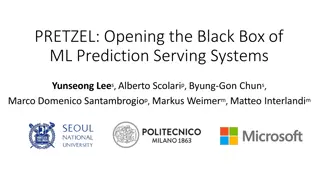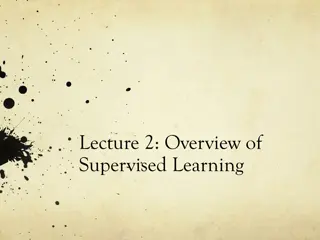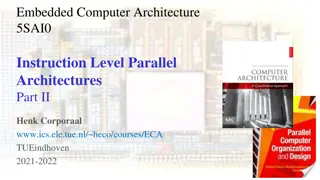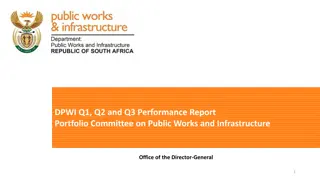Enhancing Processor Performance Through Rollback-Free Value Prediction
Mitigating memory and bandwidth walls, this research extends rollback-free value prediction to GPUs, achieving up to 2x improvement in energy and performance while maintaining 10% quality degradation. Utilizing microarchitecturally-triggered approximation to predict missed loads, this work focuses on maximizing performance benefits while minimizing approximation's impact on quality. Experimental results on a modern Out-of-Order processor demonstrate the effectiveness of the approach. Ongoing work explores further extensions to GPUs and dropping fractions of missed requests to enhance system performance.
Download Presentation

Please find below an Image/Link to download the presentation.
The content on the website is provided AS IS for your information and personal use only. It may not be sold, licensed, or shared on other websites without obtaining consent from the author. Download presentation by click this link. If you encounter any issues during the download, it is possible that the publisher has removed the file from their server.
E N D
Presentation Transcript
Rollback-Free Value Prediction with Approximate Loads Bradley Thwaites Gennady Pekhimenko Amir Yazdanbakhsh JongsePark Girish Mururu Hadi Esmaeilzadeh Onur Mutlu Todd Mowry Georgia Institute of Technology Carnegie Mellon University
Mitigating Memory Wall with Approximation Rollback-Free Value Prediction Microarchitecturally-triggered approximation Predict the value of an approximate load when it misses in the cache Do not check for mispredictions Do not rollback from mispredictions Mitigate long latency memory accesses
Design Principles Maximize opportunities for performance and energy benefits Minimize the adverse effects of approximation on quality degradation
Design Challenges and Solutions Target Performance-Critical Safe Loads Profile-directed compilation Usually, < 32 loads cause 80% of cache misses Utilize Fast-Learning Predictors Two-delta stride predictor Prediction: table lookup plus an addition Integrate RFVP with existing architecture
Experimental Results with a Modern OoO Processor 2MB LLC, 4-Wide, Performance Results Two-Delta Value Prediction - Quality Loss 1.25 100% 90% 1.20 80% Performance Benefit 70% Quality Loss 1.15 60% 50% 1.10 40% 30% 1.05 20% 10% 1.00 0% 0.8% Average 1.8% Maximum 8% Average 19% Maximum More CPU configurations and value predictors are in the paper
Ongoing Work Mitigate both Memory Wall and Bandwidth Wall Extend rollback-free value prediction to GPUs Drop a fraction of the missed requests Preliminary results: Up to 2x improvement in energy and performance with only 10% quality degradation
